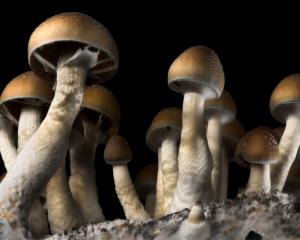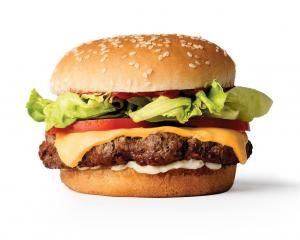

"One of the most pressing challenges facing New Zealand agriculture is the impacts of climate change. From extreme weather events to changes in rainfall patterns, the effects of a warming planet are already being felt by farmers and growers across the country. To overcome this challenge, we must invest in technologies and practices that allow us to produce food in a more sustainable and resilient way, such as precision agriculture and regenerative agriculture."
ChatGPT then went on to discuss declining profitability for farmers and consumer acceptance of meat and milk. Overall, not bad — the ODT might choose to replace me.
There was something missing though — it was all a bit formulaic and for want of a better description, robotic — which I guess is like describing a human as "human-like." However, it does beg the question — what makes a human human?
Over the past decade I have watched tech companies with little knowledge of agriculture say they will "revolutionise the way agriculture is done". Big investment has gone into start-ups with minimal impact or return on investment. Mostly because the founders vastly underestimated the complexities of biological variation, whether that be climate, geology, topography, soil, seed, plant or animal variability. Take a walk with a farmer around their property and ask them about what they see, what they are thinking about and the decisions they are making — you might be surprised at the intricacy, the unknowns and the need for flexible thinking and adaption.
In a similar vein, molecular geneticists underestimated the complexities of disease when the human genome project was first announced — uncoding the human genome was exciting, but it was never going to integrate the enormous environmental variation each and every one of us are exposed to on a daily basis and how much variability exists from one individual to another. It’s now believed that chronic disease, which many of us will die from, has less than a 5% genetic component. Once more, we underestimated the biology around us and its wonderful peculiarities.
ChatGPT was impressive in its speed, but oh so boring in its output. I feel quite sorry for teachers around the country — NCEA is torturous enough to teach without having to mark essays produced by robots.
What makes a human human therefore has to be our unpredictability, our ability to make mistakes countered by progressive leaps, the way we sometimes communicate in weird ways, how we segue from one eclectic topic to another, interrupt each other, annoy each other, laugh, cry and lie on the couch after eating too much chocolate cake.
Try coming up with that sentence, ChatGPT.
I am rather excited about the havoc ChatGPT will create for traditional education though.
Maybe, just maybe, and here perhaps I am being overly hopeful, it will force some academics into being creative.
I had the great misfortune of reading my son’s sample multi-choice questions as he prepared for a first-year university exam in cell biology last year. No wonder he was bored out of his tree with the pointless rote learning and lack of conceptual challenge — I just about suffered from an unawakenable torpor from answering five questions. We don’t need to train our students to be like robots when we have robots at our disposal.
And this is what fills me with hope about the use of artificial intelligence tools — finally, we might celebrate creativity, we might embrace those who are neurodiverse, we might even celebrate the intangible soft skills of caring and emotional intelligence. And cell biologists, I’m hoping you might take a walk across campus and meet up with the philosophers and history academics — it’s certainly time for some creativity in that course if we want to develop cell biologists who can actually think.
Shall I leave the last word to ChatGPT? Here goes, be prepared to be inspired:
"From investing in sustainable technologies and practices, to promoting our produce both domestically and abroad, we have the tools and the knowledge to secure a bright future for New Zealand agriculture." Hallelujah!
- Anna Campbell is co-founder of Zestt Wellness, a nutraceutical company. She holds various directorships.












